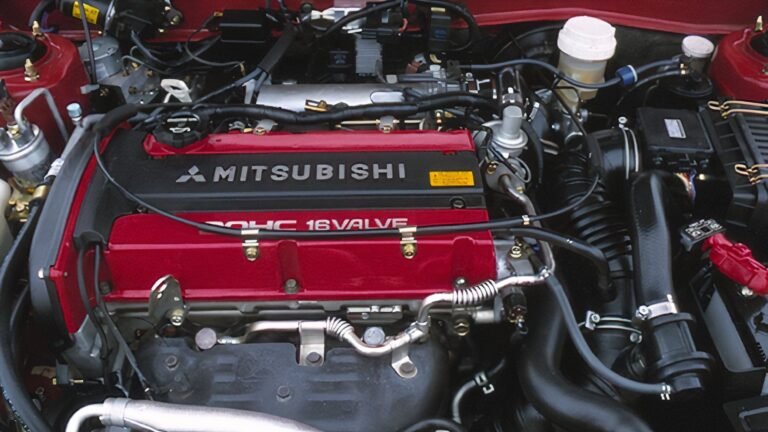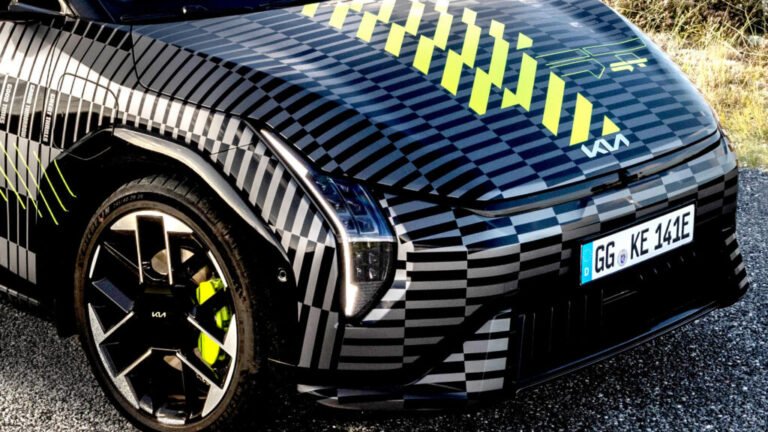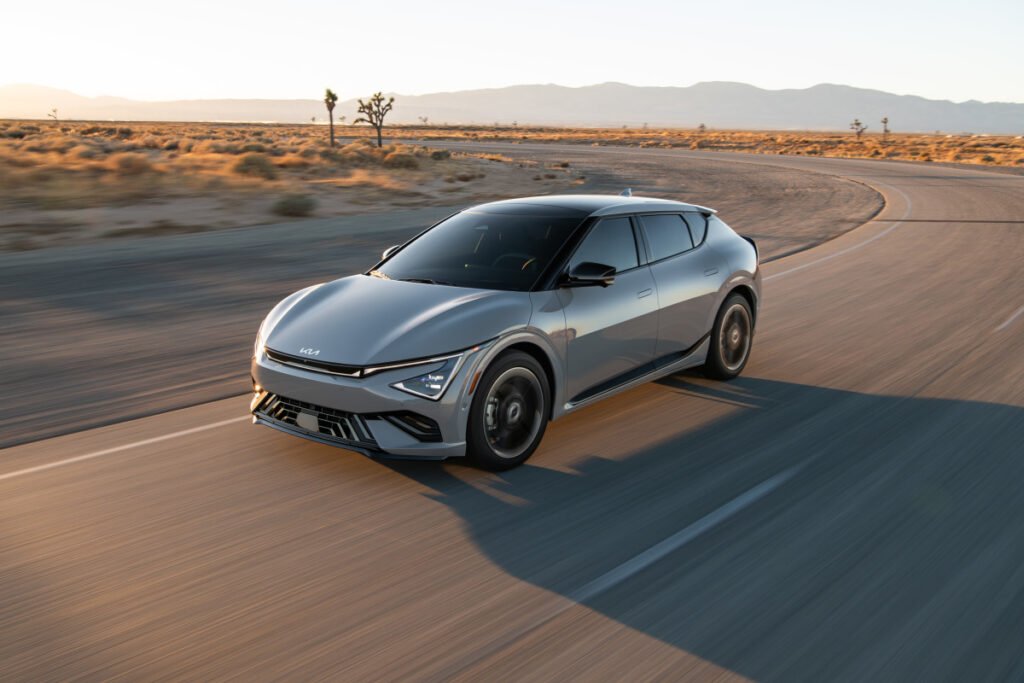
Modern EV batteries hold up brilliantly in longevity study
The barriers to electric car ownership are continuing to fall away. Modern, cheap EVs like the Nissan Leaf are around and the charging network continues to grow. But not everyone can afford a brand-new EV, and when buying used, concerns about battery degradation become more important.
A Swedish car broker has just released the results of a study that assesses battery degradation in used EVs and plug-in hybrids, and they make for interesting reading. The good news is that the vast majority of used EVs show minimal battery degradation over time.
Related: Stop Babying Your EV: Hard Acceleration Actually Extends Battery Life by 195K Miles
Kia and Tesla Lead the Way
Kia Niro EV James Riswick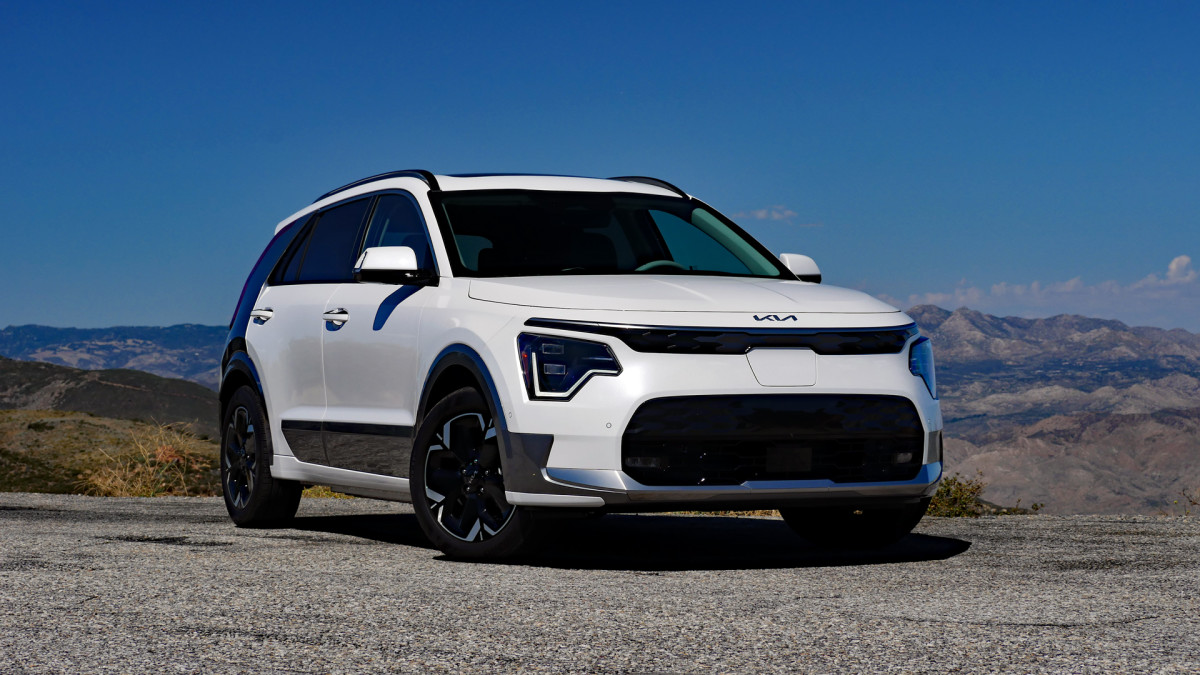
The study, conducted by the Kvdbil car broker, took into account 1,366 used vehicles, split between 723 EVs and 643 PHEVs. Impressively, eight out of ten cars retained at least 90% of the original battery State of Health (SoH) after several years of use.
As this was a Swedish study, not all the models assessed are available in the United States, but the top-ranked model is. Looking at individual EVs, the rankings were as follows, in order of highest battery SoH:
- Kia EV6
- Kia e-Niro
- Tesla Model Y
- Opel Mokka-e
- Mazda MX-30
- Audi Q4 e-tron
- Fiat 500e
- Volvo XC40 Recharge
- Citroen e-C4
- Volkswagen ID.4
Kia not only had the top-rated EV, but also the top-rated PHEV (Sportage) and it was the top-rated overall brand. The e-Niro was the second-ranked, while the Optima was the second-ranked PHEV.
“We were a bit surprised that there were so many that were this good,” said Martin Reinholdsson, test manager at Kvdbil, when talking to the Sweden Herald. He was referring to the overall number of EVs that retained high battery health even after being on the road for a few years.
He specified that age, driving style, charging habits, and climate all play a role in how the battery ages. Models performing the worst were not listed, as Reinholdsson says these tended to be much older models driven over a far longer period, and they were not associated with a single manufacturer.
Tesla has been known for low battery degradation rates, as proven in other studies, so we’re not surprised to see the Model Y clinch a spot on the podium.
Yes, EV Batteries Can Outlast Gas-Powered Cars
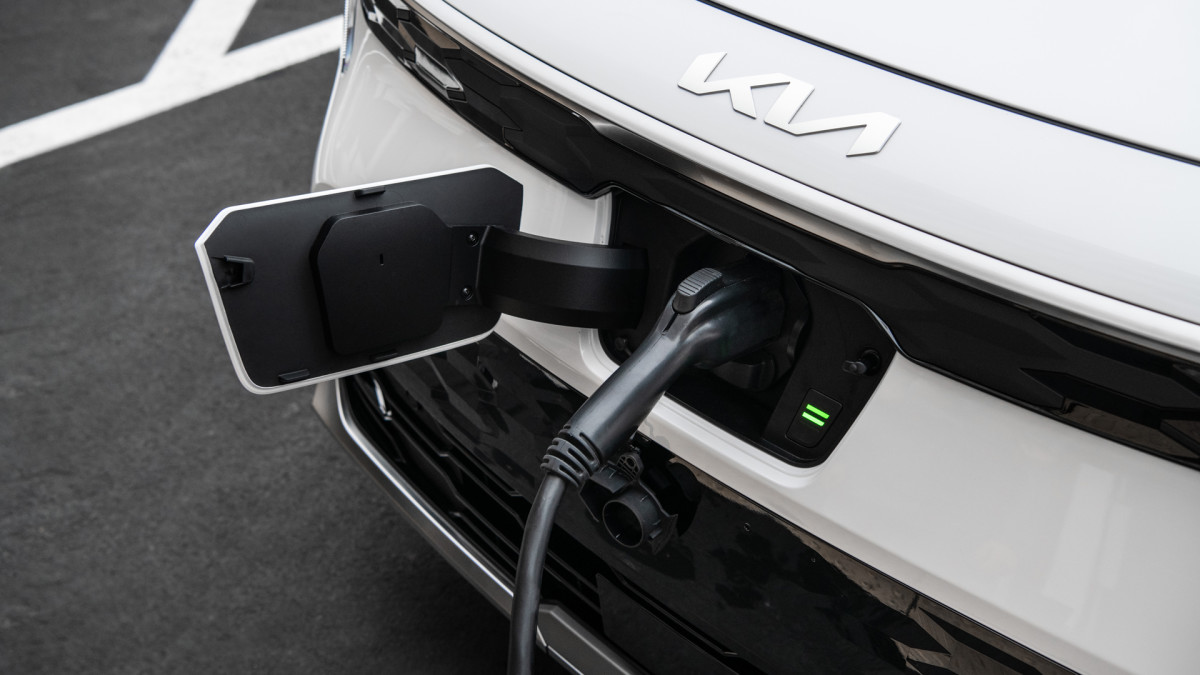
This study supports others in suggesting that EV battery degradation rates are better than expected. Data from Geotab, a UK-based telematics firm, shows that the battery of an EV actually has a longer lifespan than a gas car’s engine. Even in the unlikely instance that you do need to replace an EV’s battery, it may cost less than replacing an ICE model’s engine, depending on the make and model.
For example, a new Nissan Altima’s engine could cost up to $6,500, whereas a battery pack on an older Nissan Leaf could be around $5,000.
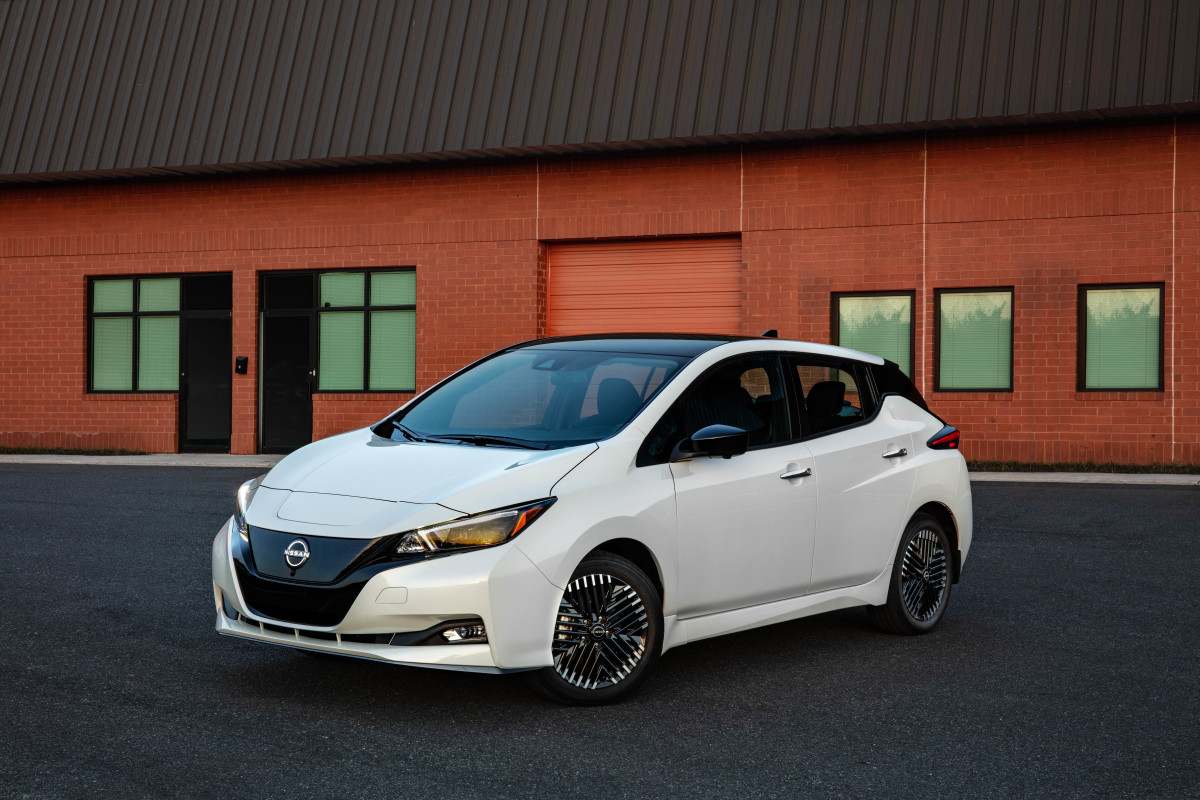
Nissan
Adding further peace of mind is the fact that EVs sold in the United States have a battery warranty that runs for at least eight years or 100,000 miles.
On the other hand, if you’re buying used, you need to consider how a possible battery replacement cost compares with the overall cost of the vehicle. Furthermore, car engines can be rebuilt for less, so a case-by-case comparison is the key.
Ultimately, though, EV battery lifespans and EV battery replacement costs aren’t the barriers they once were.
